The UK government has launched its long-awaited consultation into a Deposit Return Scheme (DRS) for drinks containers, which could force small shops to accept empty drinks cans and bottles for recycling.
Under the proposals, drinks cans, glass and plastic bottles will be recycled via a potential network of more than 30,000 reverse vending machines (RVM) in supermarkets and manual return points (MRP) in smaller convenience stores.
The government estimates that around 20% of all drinks containers would be recycled via MRP in convenience stores, which would require retailers to collect, scan and sort containers into bags for collection - an exercise which it believes (according to its Impact Assessment) would take up around 1.3 labour hours a week and use up an average of 1m sq of floor space. The RVMs are predicted to cost around £32,000 each, plus a further £3,000 annual operating cost, while the cost of convenience stores hosting a MRP is estimated to total around £1,423 per store per year.
A Deposit Management Organisation (DMO) would be responsible for setting up, running and funding the cost of the DRS and transporting, sorting and selling the collected material.
The government is also seeking views on two options for how the DRS could work if introduced.
The first option, known as the ‘all-in’ model, would include all containers, irrespective of size, while the second option, known as the ‘on-the-go’ model, would restrict the deposit regime to those less than 750ml in size and sold in single format containers.
Responding to the consultation, the Association of Convenience Stores (ACS) called on the government to scrap plans for MRPs in small stores altogether.
ACS chief executive James Lowman said: “We welcome the government’s acknowledgement that reverse vending machines may not be economically or practically viable for small stores, but requiring those stores to take part in a manual return system would be extremely problematic.
“Issues our members have identified include a lack of space to store returned containers, hygiene problems from handling dirty containers, colleagues having to deal with potentially hundreds of returned containers every day, and the queues and customer disruption this could cause.
“Any plans to introduce a deposit return scheme must abandon the idea of requiring manual returns and focus on a fully funded and strategically located network of reverse vending machines that allow consumers to recycle more without causing unnecessary problems, delays and health hazards in small stores.”
In addition to the consultation on proposed DRS, DEFRA has also published consultations on the following areas:
• Introducing a consistent set of recyclable materials for collection in England
• Extending the responsibility of producers of packaging (which includes retailers) so that they will bear more of the cost of dealing with packaging waste.
• Introducing a tax on the production and import of plastic packaging with less than 30% recycled content.
The Welsh government said it would consider the responses to the consultation, as well as undertaking further impact assessment work, before deciding on whether and how to implement a DRS in Wales.
The Scottish government already launched a consultation on the options for distinct elements of a DRS on beverage containers, which closed on 25 September 2018.
A number of retailers, including Scotmid, the Co-op Group, Iceland and Tesco are currently running DRS trials and last month three independent retailers in Scotland teamed up with the Scottish Grocers Federation to also trial RVMs.
The full consultation, which closes on 13 May, is available here



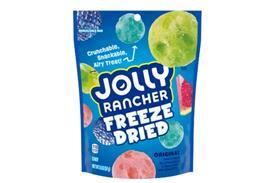





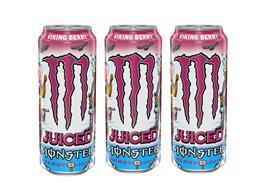
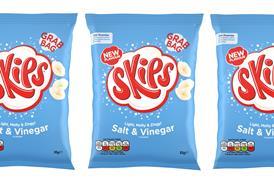
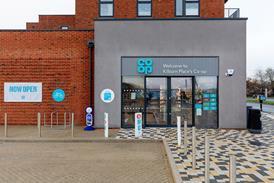

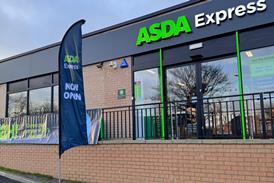







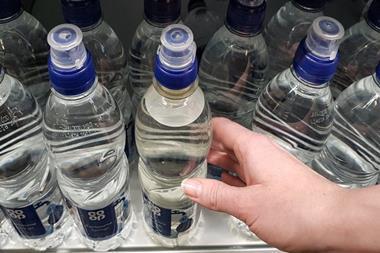
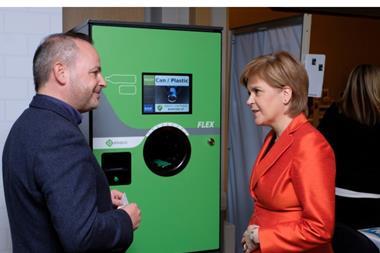
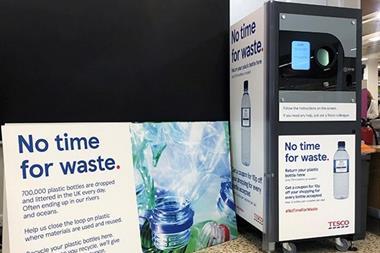
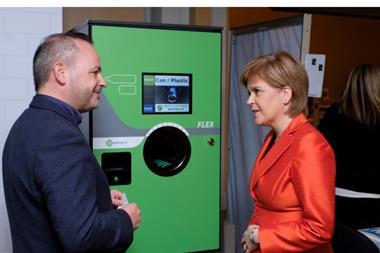
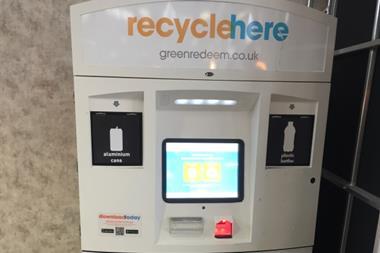

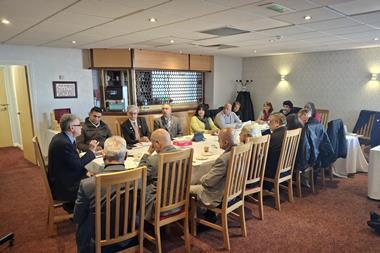



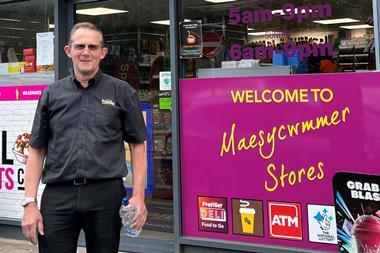
No comments yet